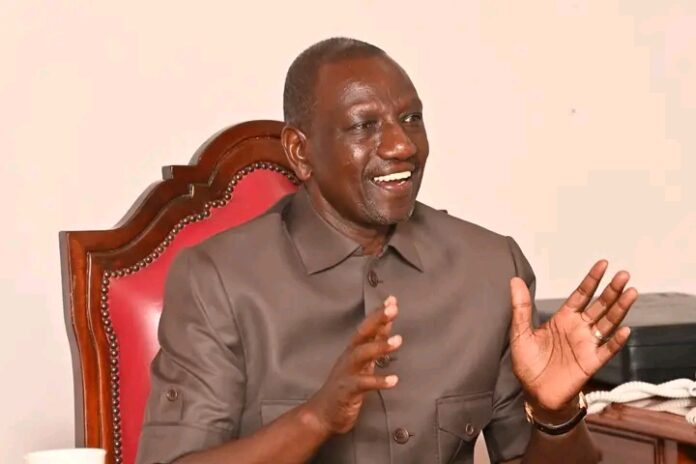President William Ruto’s government has continued the practice of borrowing to fund recurrent expenditure contrary to frequent promises by the president that this wouldn’t happen.
For instance, in the first month of the financial year that started in July 2023, the government borrowed Sh. 127.5 billion. However, it only spent Sh. 1.9 billion on development.
In the same period, the government through the Kenya Revenue Authority collected Sh. 155.06 billion in tax revenues. However, the government spent Sh. 162 billion on public debt.
Between April and July 2023, Kenya’s public debt increased from Sh. 9.6 trillion to Sh. 10.2 trillion, an increase of about Sh. 600 billion debt. As at July, Kenya’s external debt stood at Sh. 5.4 trillion whil domestic debt stood at Sh. 4.8 trillion.
The revenues collected in July were an increase of 18.73 per cent from the revenue that was collected in the same month in 2022. In July 2022, KRA had collected Sh. 130.6 billion.
The July 2023 collections have surpassed monthly collections in six of the 12 months in the financial year 2022/23, backed by the implementation of controversial high taxes that were instituted by President Ruto through the Finance Bill 2023.
However, they are a 29.7 per cent drop from the record Sh. 220.6 billion that was collected in June.
Kenyan owner of US-Swahili Restaurant in court for paying workers Sh. 720 per hour
In its current financial year, the Kenya Revenue Authority is attempting to collect a record Sh. 2.49 trillion.
To achieve this, the government of President Ruto is planning to introduce additional taxes. These taxes have been revealed by disclosures made by the National Treasury cabinet secretary Professor Njuguna Ndung’u to the International Monetary Fund (IMF).
The taxes include the motor vehicle circulation tax that will entail the payment of an annual registration fee for motor vehicle owners to use public roads.
“To ensure that program performance objectives are met, any tax revenue shortfall relative to program targets will be compensated for by taking additional tax policy measures,” Professor Ndung’u disclosed.








